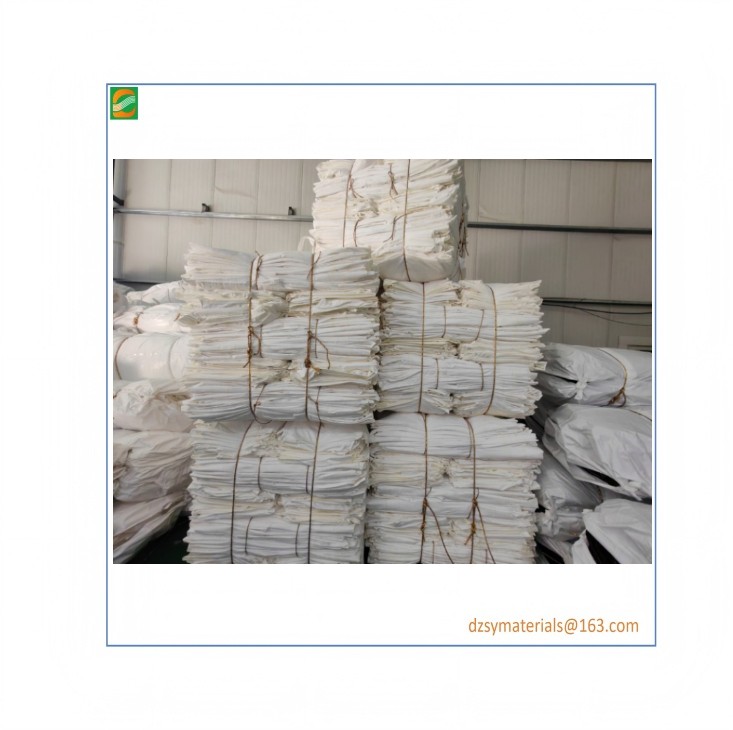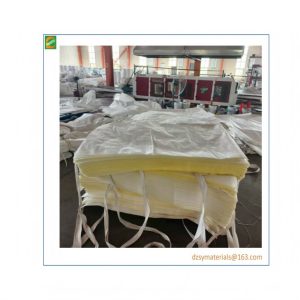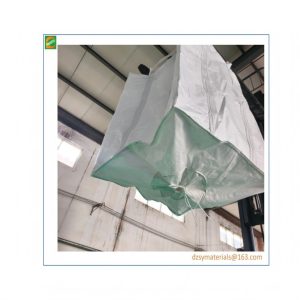Product Description
Key points for selecting flat-bottomed tote bags
- Load-bearing capacity matching
The load-bearing capacity of the flat-bottomed tote bag needs to be selected based on actual requirements. The common standard is 1-2 tons. The four-strap bottomed and thickened design can bear a load of 2 tons, while the ordinary four-strap without a bottom can bear approximately 1.2 tons. It is necessary to pay attention to the width and thickness of the straps, and widening and thickening the straps can improve the stability of load-bearing. - Size and process compatibility
Standard size: The common sizes of flat-bottom bags are 100×100×100cm or 100×100×120cm, suitable for building materials such as cement and sand.
Process selection: The large opening design is suitable for powdery materials (such as grains and chemical raw materials), and requires sealing for transportation; the discharge opening (diameter 35-65cm) is convenient for unloading granular materials. If moisture prevention is needed, an inner plastic bag can be used. - Material and Durability
Polypropylene (PP): High tensile strength (35-40 kN/m), suitable for dry environments.
Polyethylene (PE): Resistant to low temperatures (-40℃), suitable for cold regions.
Visual inspection: The fabric should be tightly woven without broken threads, the stitching should be uniform and secure, and the sling should have no distortion or deformation. - Safety and Authentication
Prioritize products that comply with the ISO 21898 or GB/T 10454-2000 standards, ensuring a static load capacity of ≥1 ton and a dynamic load capacity reaching 1.5 times the working load.
Anti-static bulk bags are suitable for the transportation of chemical hazardous materials and require conductive wire or anti-static treatment.”
}undefined
Our FIBC Jumbo Sling Bag is designed for safe and efficient handling of bulk materials. The FIBC Sling Soft Pallet Jumbo Bag provides extra stability during storage and transport, reducing the need for wooden pallets. As a Versatile FIBC Sling Bag, it adapts to different industries including agriculture, chemicals, and construction. This Flexible Intermediate Bulk Container ensures cost-effective logistics, durability, and optimized space utilization for both domestic and export needs.








